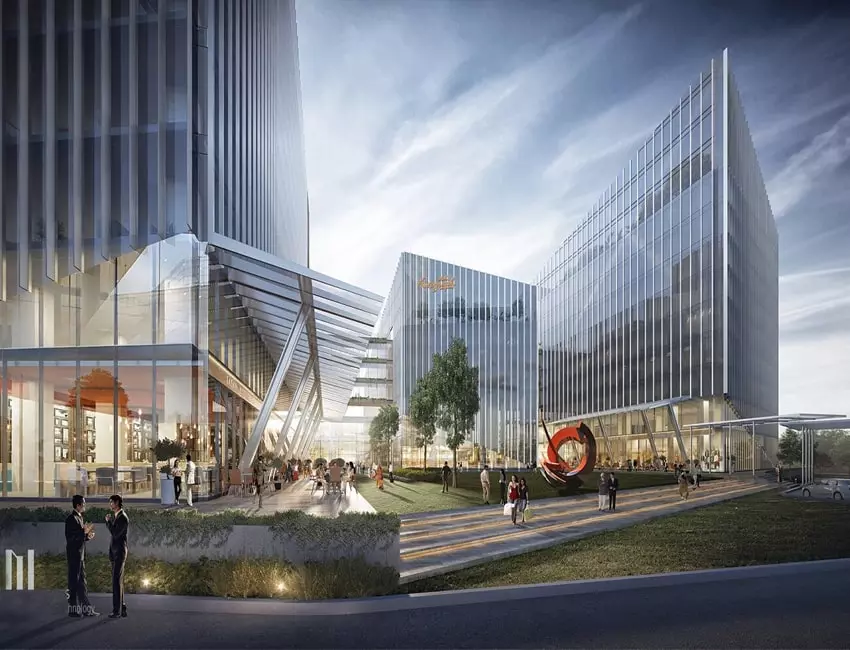Navigating the World of Commercial Space for Lease
3 min read
Introduction
In the dynamic realm of business, finding the right space for your enterprise is a pivotal step towards success. Whether you’re a budding entrepreneur looking to establish your first office or a seasoned business owner expanding your operations, the concept of commercial space for lease holds significant appeal. In this blog, we delve into the nuances of commercial leasing, exploring the advantages, considerations, and the strategic impact of securing the right commercial space for your venture.
Understanding Commercial Lease: A Strategic Business Move
-
Flexibility and Cost Efficiency:
One of the primary benefits of opting for a commercial lease is the flexibility it offers. Leasing allows businesses to access premium locations without the hefty upfront costs associated with purchasing commercial property. This flexibility is especially advantageous for startups or businesses in transition, enabling them to allocate resources strategically.
-
Location:
The old adage holds true in the business world, and commercial leasing allows businesses to secure prime locations without the financial commitment of ownership. Proximity to target demographics, accessibility, and visibility play crucial roles in the success of a business, making the location a critical factor in choosing a commercial space for lease.
-
Variety of Options to Suit Business Needs:
Commercial leases come in various forms, catering to the diverse needs of businesses. From traditional office spaces and retail storefronts to industrial warehouses and shared workspaces, the options are vast. Businesses can tailor their choice of commercial space to align with the nature of their operations, ensuring that the leased space meets specific requirements.
-
Mitigating Maintenance Responsibilities:
Property maintenance can be a significant concern for business owners, especially when it comes to unforeseen repairs and upkeep costs. With a commercial lease, many maintenance responsibilities often fall on the landlord or property management, providing businesses with peace of mind and allowing them to focus on their core operations.
-
Opportunities for Growth and Downsizing:
Commercial leases provide the flexibility for businesses to scale their operations. Whether experiencing rapid growth or facing a period of downsizing, leasing allows businesses to adapt their space requirements accordingly. This adaptability is crucial in a dynamic business environment where fluctuations in space needs are common.
-
Negotiation Power:
Negotiation is a key aspect of the commercial leasing process. Businesses can negotiate lease terms, rental rates, and other factors to ensure a favorable arrangement. This negotiation power allows businesses to tailor the lease to their specific needs and financial considerations, creating a win-win situation for both parties involved.
-
Understanding Lease Types:
Commercial leases come in different types, each with its own set of terms and conditions. The three primary types are:
- Gross Lease: The tenant pays a fixed rent, and the landlord covers operating expenses.
- Net Lease: The tenant pays a base rent plus additional costs such as property taxes, insurance, and maintenance.
- Modified Gross Lease: A combination of gross and net leases, where the tenant and landlord share specific costs.
Conclusion: Paving the Way for Business Success
In the intricate dance of business strategy, choosing the right commercial space for lease emerges as a strategic move with multifaceted advantages. From cost-effective solutions to the flexibility of location and operations, commercial leasing empowers businesses to navigate the ever-evolving landscape with agility and foresight.



